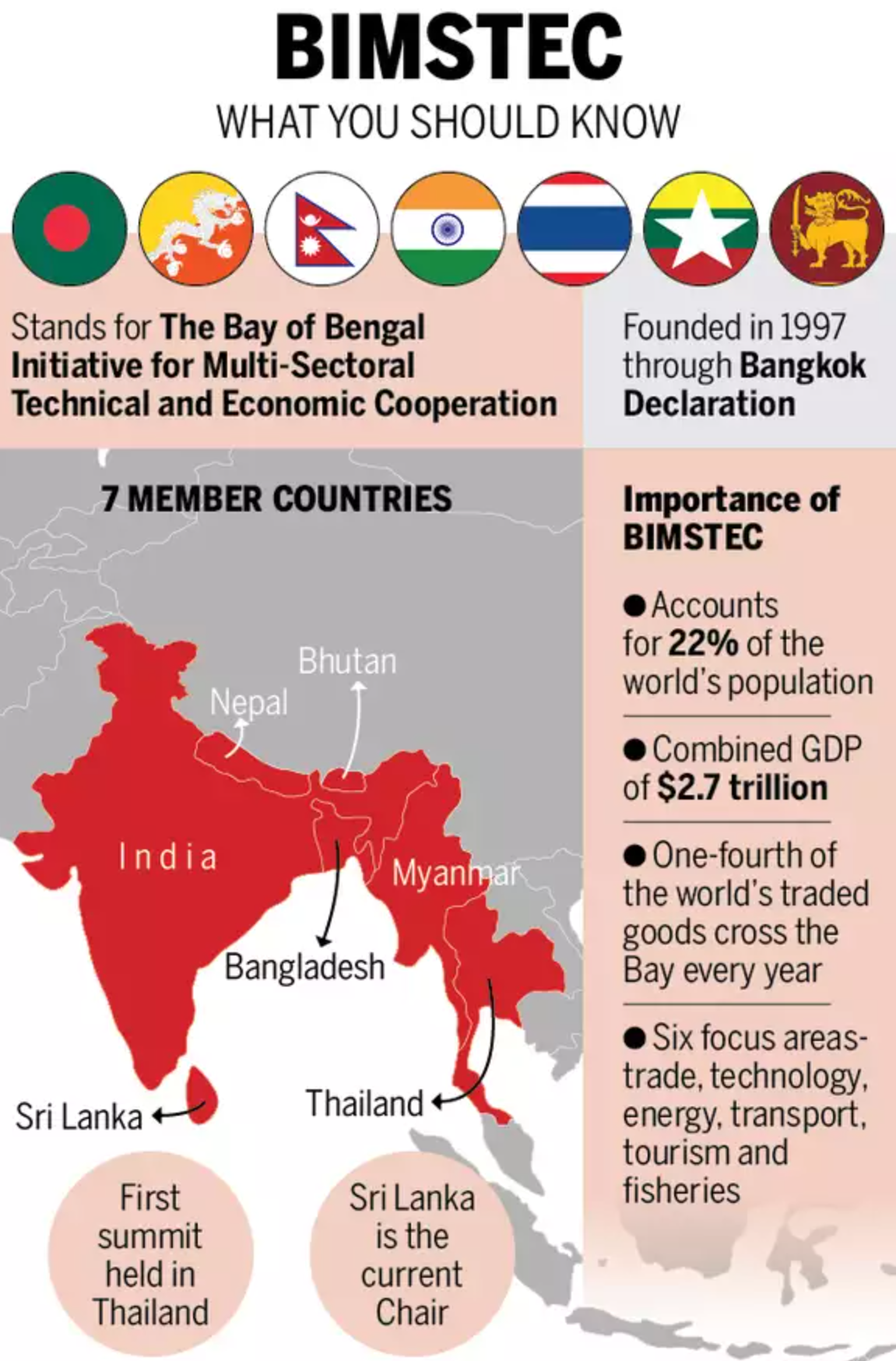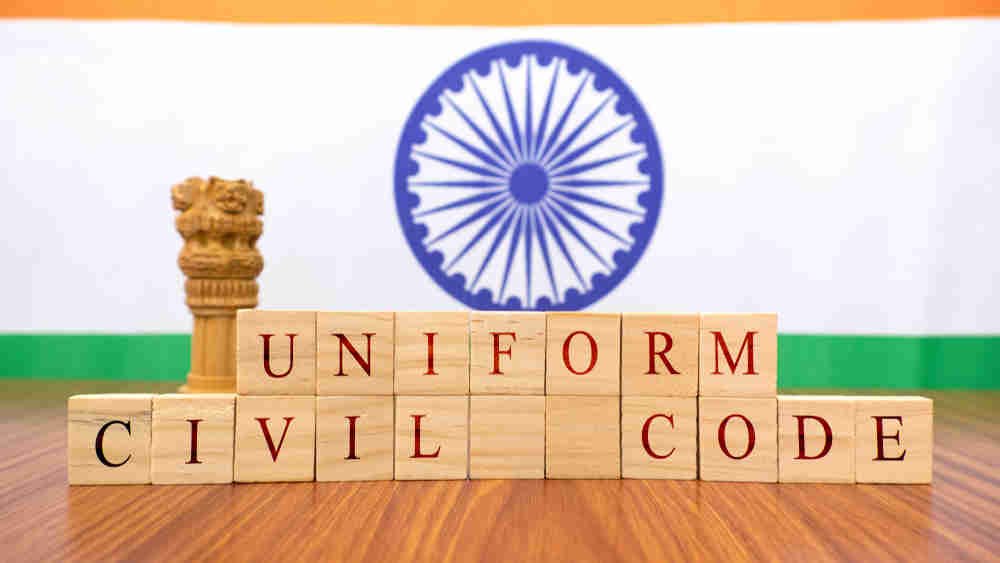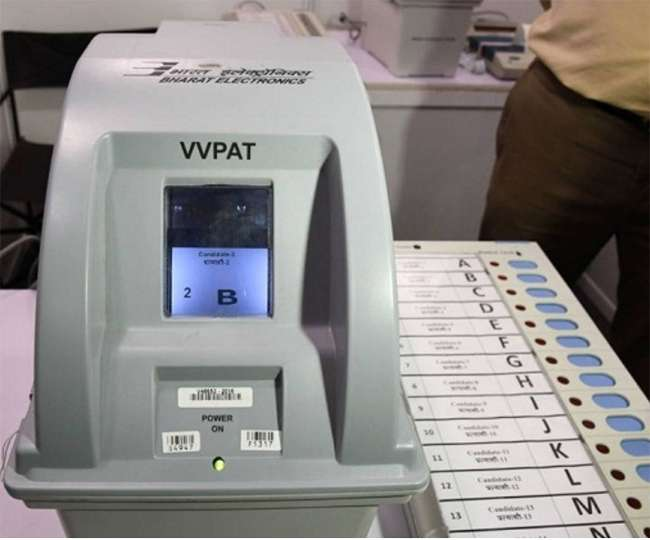
Electoral bonds, Features of the Electoral Bonds, Criticism of the Electoral Bonds
Subscribe to Never Miss an Important Update! Assured Discounts on New Products!
Must Join PMF IAS Telegram Channel & PMF IAS History Telegram Channel
Electoral Bonds
- Context (IE I TH): SC will hear a petition challenging the electoral bonds scheme for allegedly promoting corruption and violating citizen’s rights to a corruption-free nation.
- Electoral Bonds are interest-free instruments like a Promissory Note.
- These bonds were introduced in 2018 to bring transparency to the political funding system!
Eligibility
- A citizen of India or a body incorporated in India will be eligible to purchase the bond.
- Political parties registered under section 29A of the RPA, 1951 and secured a minimum of one per cent of votes polled in the last general election for the House of the People or a Legislative Assembly are eligible to receive funding via electoral bonds.
Features of the Electoral Bonds
- It doesn’t carry the name of the payee. However, the bond purchaser needs to submit KYC docs.
- Once purchased, it cannot be cancelled, and no amount will be refunded to the Purchaser.
- SBI is the sole authorised bank for selling Electoral Bonds in Indian Rupees only.
- Such bonds are sold in multiples of Rs 1,000, Rs 10,000, Rs 1 lakh, Rs 10 lakh, and Rs 1 crore.
- Electoral Bonds have a life of only 15 days. After 15 days, it can’t be encashed; instead, the amount will be deposited in the PM Relief Fund.
- They can be purchased either Singly or Jointly with other Individuals, but not more than three Applicants per Application Form.

Issues with the Electoral Bonds Scheme (EBS): Electoral Bonds Legalized Corruption
- It brought opacity rather than transparency to election funding.
- The anonymity of electoral bonds is only for the broader public and opposition parties. It leaves the door open for the government to know who funds its opponents.
- Earlier, the company could donate up to 7.5% of the average net profits of the company’s last three years. Now, the government has amended the Companies Act to remove this limit, opening the doors to no limit on funding by corporate India.
RBI opposition to Electoral Bonds Scheme (EBS)
- The RBI opposed the EBS on four grounds:
- It is superfluous and can be replaced by existing banking instruments (cheques, drafts, etc).
- It can be misused for money laundering and undermine the banknotes authority.
- It does not bring transparency as it gets transferred to various hands before donation.
- It does not align with Section 31 of the RBI Act, 1934.
Section 31 of the RBI Act
|
Bypassing Rajya Sabha (RS)
- The NDA government’s decision to pass EBS in the form of a Money Bill under Article 110, which the RS has no power to reject or amend, is an assault on the spirit of the Constitution.
- It is not just a matter of procedural irregularity but a matter of substantive illegality.
- Justice DY Chandrachud, in his dissent in the Aadhaar review case (Beghar Foundation v. Justice KS Puttuswamy), has pointed out that the RS’s role in lawmaking is vital and ignoring its authority undermines democracy and constitutes a fraud on the Constitution.
Opaqueness of Political parties
- Under EBS, two amendments were brought that violate citizens’ right to RTI about the political parties/candidates, infringing upon the right to make a reasonably informed decision.
- Section 29C of the RPA Act (mandates furnishing a contribution report) was amended to exempt political parties from sharing details of contributions received through electoral bonds with the ECI. The ECI has described this as a retrograde step.
- Section 182 of the Companies Act 2013 exempted companies from declaring their contributions to political parties. It also removed the cap on corporate donations, under which a company could not contribute more than 7.5% of its net profits for the previous three years.
- The ECI has opined that this opens up the possibility of shell companies being set up to make donations to political parties.
Political parties are not under RTI
|
The burden on the taxpayer (Source: IE)
- The provision that donors donating should pay the cost of administering electoral bonds (banking fees, printing costs, etc) was dropped.
- The total amount collected through EBs has gone up to Rs 10,791 crore till 2022 since its inception and the brunt borne by the taxpayers is over ₹7.63 crore for the sale of electoral bonds.
- Rubbing salt in the wounds, an amendment to Section 13A of the IT Act of 1961 exempted the tax on contributions received by political parties through electoral bonds.
Masking the truth
|
Role of the SBI (Source: HuffPost)
- The design of the EBS imposes an uneven burden on institutions like the SBI, which are expected to remain impartial implementers. But in reality, they would succumb to political pressures.
- Reports revealed how a secret number on each electoral bond allows SBI to trace every transaction from the beginning to the end, contrary to the claim of donor anonymity.
- The government has also made SBI accept expired electoral bonds worth ₹20 crore.
EBS Tremendously Benefits The National Party in Power
- The total donations declared by the 7 national and 24 regional parties during 2019 were Rs 13,190.68 crore (80% of total donations) and Rs 3,246.95 crore, respectively.
- The total donations declared by the BJP are more than three times the total donations declared by all other national parties. More than 52% of BJP’s donations came from electoral bonds.
- The corporate donations declared by the BJP are at least three to four times more than the total corporate donations.

Indifferent Attitude by SC
- SC order in 2019 directed all political parties to submit the details to the ECI on electoral bonds in a ‘sealed cover’. But no official revelations have been made yet. (Paradoxically, the Court has advocated for the end of sealed cover jurisprudence.)
Challenge in Supreme Court (Source: TH)
- SC has inordinately delayed hearing such an important constitutional issue.
- It declined to stay the Centre’s Electoral Bond Scheme as it considered it a “weighty issue” having “tremendous bearing on the sanctity of the electoral process in the country”.
Conclusion
- To call a nation a democracy doesn’t just mean equality of vote to everyone. What matters is free and fair elections, which are transparent, inclusive and accountable and provide equitable opportunities to compete.
- The EBS, despite its institutional framework aimed at regulating campaign finance, is replete with various inadequacies and vulnerabilities, which is the antithesis of its sole objective.





![PMF IAS Environment for UPSC 2022-23 [paperback] PMF IAS [Nov 30, 2021]…](https://pmfias.b-cdn.net/wp-content/uploads/2024/04/pmfiasenvironmentforupsc2022-23paperbackpmfiasnov302021.jpg)











